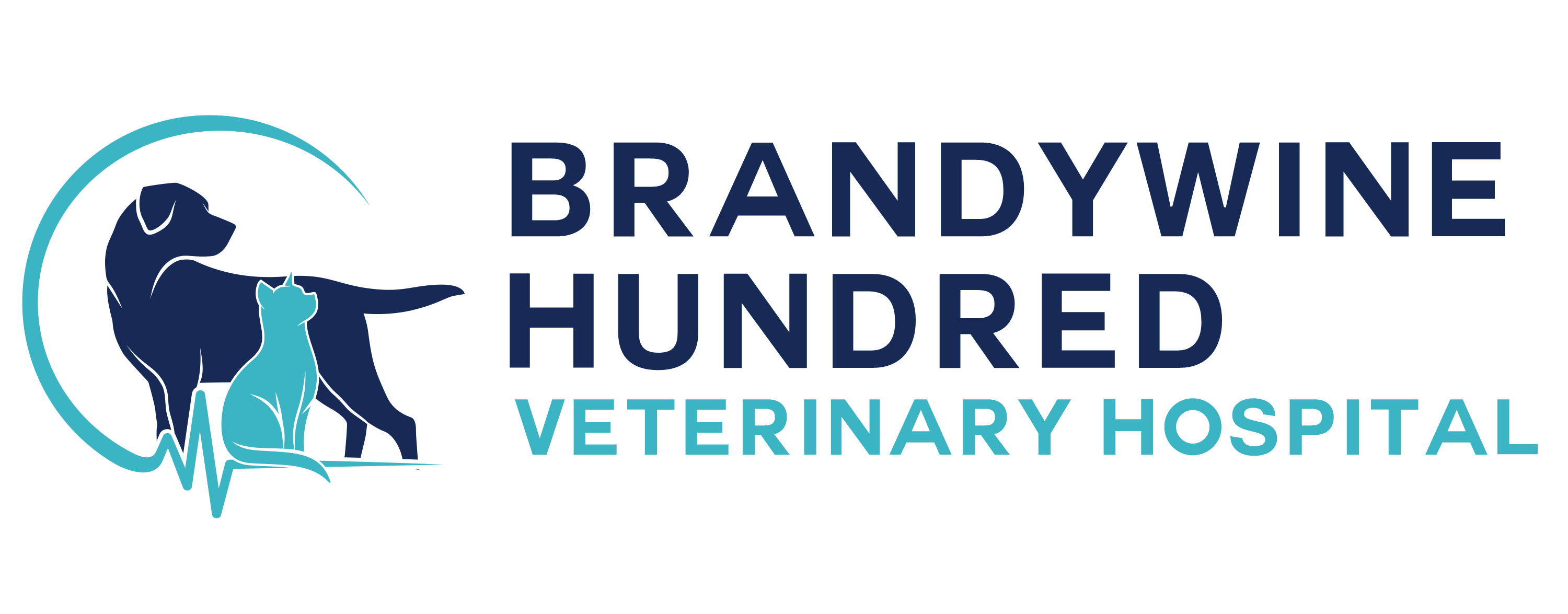Library
-
A supplement is a concentrated nutrient source that is added to a basic diet for either a nutritional or a therapeutic effect. Effective use of supplements requires the consideration of patient factors, such as the organ system that needs support, and product factors, such as dosage, safety, efficacy and balance.
-
An epidemic of obesity in both humans and companion animals has spawned a large trade in weight loss supplements. Some, such as those which contain ephedrine, have been eliminated from the market in the United States and Canada due to potential adverse cardiac effects.
-
Whole food supplements, or glandular therapies, are supplements made from glands, organs or tissues from healthy animals. These supplements may be administered as whole fresh tissue or as tissue extracts.
-
A supplement is a concentrated ingredient that is added to the diet for nutritional or therapeutic benefits. Your best source of professional nutritional advice is a licensed veterinarian who is knowledgeable about supplements.
-
As veterinarians become more conscious of the details and nuances of how cats experience pain, they search for more methods with which to battle both acute and chronic pain in these patients. Therapeutic massage is one example of a physical medicine technique that has found a place in the feline pain management toolbox.
-
Herbs are plants that contain ingredients with active therapeutic properties. These active ingredients may be present in the whole plant or only in a specific part. Herbal therapy is the use of herbs for medicinal purposes, either on their own or in combination with other herbs. Herbal treatment must be administered only after an accurate diagnosis has been made. Trained veterinary herbalists have the knowledge and skill to understand the interactions between different forms of treatment and to interpret the patient's response to therapy. Herbal treatment of serious disease in animals without veterinary training is not advised and frequently ineffective.
-
Homeopathy is a distinct philosophy of medicine that has its roots in eighteenth-century Germany, and subsequently spread to Europe, India, Australia, South America, the United States, and Canada. The underlying basis of homeopathy is the principle that "like cures like": the idea that a substance given at a toxic dose can produce a certain set of symptoms, but given in much lower doses, it can cure the same set of symptoms, regardless of their perceived cause. As veterinary homeopathy gains acceptance, there are an increasing number of veterinarians in private practice who possess the necessary training and experience.
-
Combining alternative medical therapies, either with other alternative therapies or with more conventional treatments, may improve a patient's health or speed the healing of disease. However, combined incorrectly, these same therapies have the potential to interfere with healing or cause serious health consequences. Veterinary practitioners trained in acupuncture, herbal therapy, and homeopathy are the best sources of information on what conventional and alternative treatments will combine well and which ones should not be used together.













